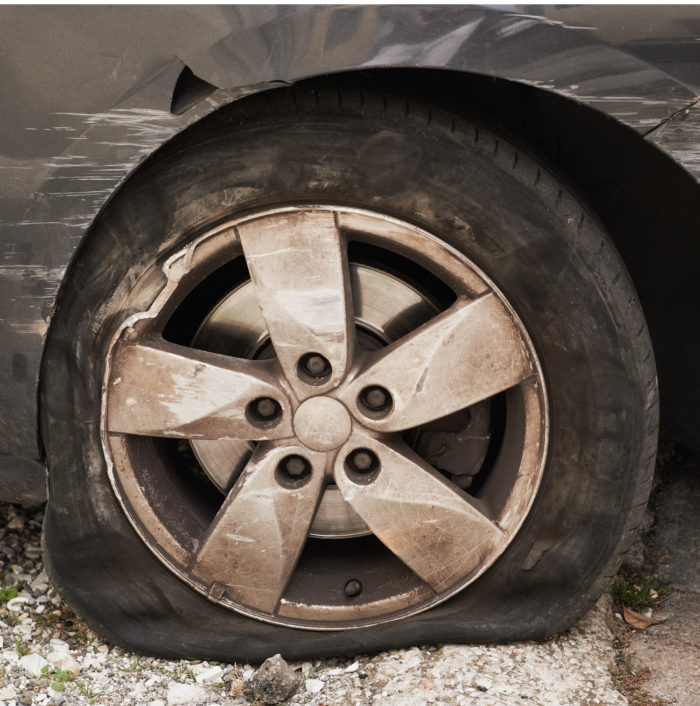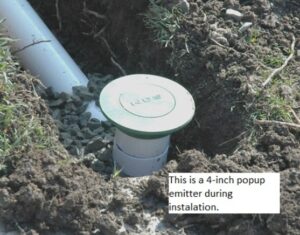Hitting a pothole can be more than just an unpleasant surprise—it can cause serious damage to your vehicle’s wheels. If you’ve recently driven over rough roads or potholes, it’s crucial to be aware of the signs that indicate you need pot hole wheel repair West Chester PA right away. Ignoring wheel damage not only affects your car’s appearance but can also compromise your safety and lead to costly repairs.
In this article, we’ll dive deep into the most common signs of pothole-related wheel damage and explore when it’s time to seek expert wheel repair, whether that involves magnesium wheel repair, alloy wheel straightening, or scuff wheel repair. Knowing what to watch for can save your vehicle and your wallet.
Why Is Pot Hole Wheel Repair Critical?
Before identifying the signs, it’s important to understand why pot hole wheel repair is so essential:
• Safety: Damaged wheels can cause uneven tire wear, loss of control, or sudden tire failure.
• Performance: Bent or cracked wheels affect steering, alignment, and ride comfort.
• Longevity: Prompt repair prevents further deterioration of your wheels and tires.
• Appearance: Repairs restore your wheels’ aesthetic, protecting the value of your car.
What Happens When You Hit a Pothole?
Potholes impact your wheels with significant force, often resulting in:
• Bends or warping of the wheel rim requiring alloy wheel straightening
• Cracks or fractures especially in magnesium wheel repair cases
• Scuffs and scratches to the surface that need scuff wheel repair
• Tire damage or air leaks
Understanding these damage types helps you recognize what repairs your wheels may need.
Top Signs You Need Pot Hole Wheel Repair Immediately
1. Noticeable Vibrations or Shaking While Driving
If your steering wheel vibrates or shakes, especially at higher speeds, this is a classic sign that your wheel may be bent or misaligned after a pothole impact. Such vibrations often indicate the need for alloy wheel straightening or other corrective wheel repair.
2. Visible Dents, Bends, or Cracks on the Wheel Rim
A thorough visual inspection can reveal obvious damage like dents or bends on the wheel rim. Cracks, although sometimes harder to spot, are critical signs your wheel needs immediate repair or replacement.
• Bent rims can often be fixed with alloy wheel straightening.
• Cracked or severely damaged rims may require specialized magnesium wheel repair or replacement.
3. Difficulty Steering or Pulling to One Side
If your vehicle pulls to one side or feels unstable while turning, this could indicate wheel damage caused by pothole impact. Such issues often require professional alignment checks along with wheel repair.
4. Uneven or Rapid Tire Wear
Damaged wheels affect how your tires make contact with the road. Look for uneven wear patterns or faster-than-usual tread deterioration, which can signal bent or misaligned wheels.
5. Loss of Tire Pressure Without a Visible Puncture
Sometimes the wheel damage causes slow leaks that are not immediately noticeable. If you’re constantly refilling air but don’t see a puncture, your wheel might be cracked or bent, and you need prompt pot hole wheel repair.
6. Scratches and Scuffs on the Wheel Surface
Though often cosmetic, scuff wheel repair is important to prevent corrosion and maintain the wheel’s finish. Scratches can deepen and lead to more serious issues if left untreated.
Why Professional Wheel Repair Is the Best Choice
DIY fixes may be tempting, but pothole damage often requires professional expertise. Here’s why:
• Experts use precision tools for alloy wheel straightening to restore your wheel’s original shape.
• Specialized techniques and materials are needed for magnesium wheel repair to avoid further damage.
• Professionals can provide high-quality scuff wheel repair to restore aesthetics and protect your wheels.
• Certified technicians perform thorough inspections to identify hidden damage.
Tips to Prevent Pothole Wheel Damage
While some potholes are unavoidable, these tips can minimize damage risk:
• Drive cautiously on rough or unfamiliar roads.
• Avoid hitting potholes directly—slow down and steer around them when safe.
• Regularly inspect your wheels and tires for damage signs.
• Maintain proper tire pressure for better shock absorption.
What to Expect During a Professional Pot Hole Wheel Repair
When you take your vehicle to a trusted repair specialist, expect:
• Comprehensive wheel and tire inspection
• Detailed assessment of damages including bends, cracks, and scuffs
• Expert alloy wheel straightening or magnesium wheel repair if needed
• Professional scuff wheel repair for cosmetic restoration
• Balancing and alignment checks to ensure safe driving
Conclusion
Pothole impacts can cause serious and often hidden damage to your wheels. Recognizing the top signs—from vibrations and bends to uneven tire wear and scuffs—can help you take action before minor issues turn into costly or dangerous problems.
Whether you require magnesium wheel repair, alloy wheel straightening, or cosmetic scuff wheel repair, entrusting the job to professionals ensures your wheels are restored safely and effectively. Don’t compromise your safety or vehicle performance—schedule a wheel inspection and repair immediately if you suspect pothole damage.
Keeping your wheels in top shape not only extends their life but also guarantees a smoother, safer ride every time you hit the road.
Would you like advice on finding reliable wheel repair specialists or how to maintain your wheels post-repair? Feel free to ask! aluminum wheel repair West Chester PA





More Stories
Louis Vuitton Wall Art: The Ultimate Statement in Luxury Interior Decor
How to Choose the Right Wedding Photographer in Denver Without Stress
What to Know Before Hiring a Gutter Company in Gainesville FL: A Friendly Guide